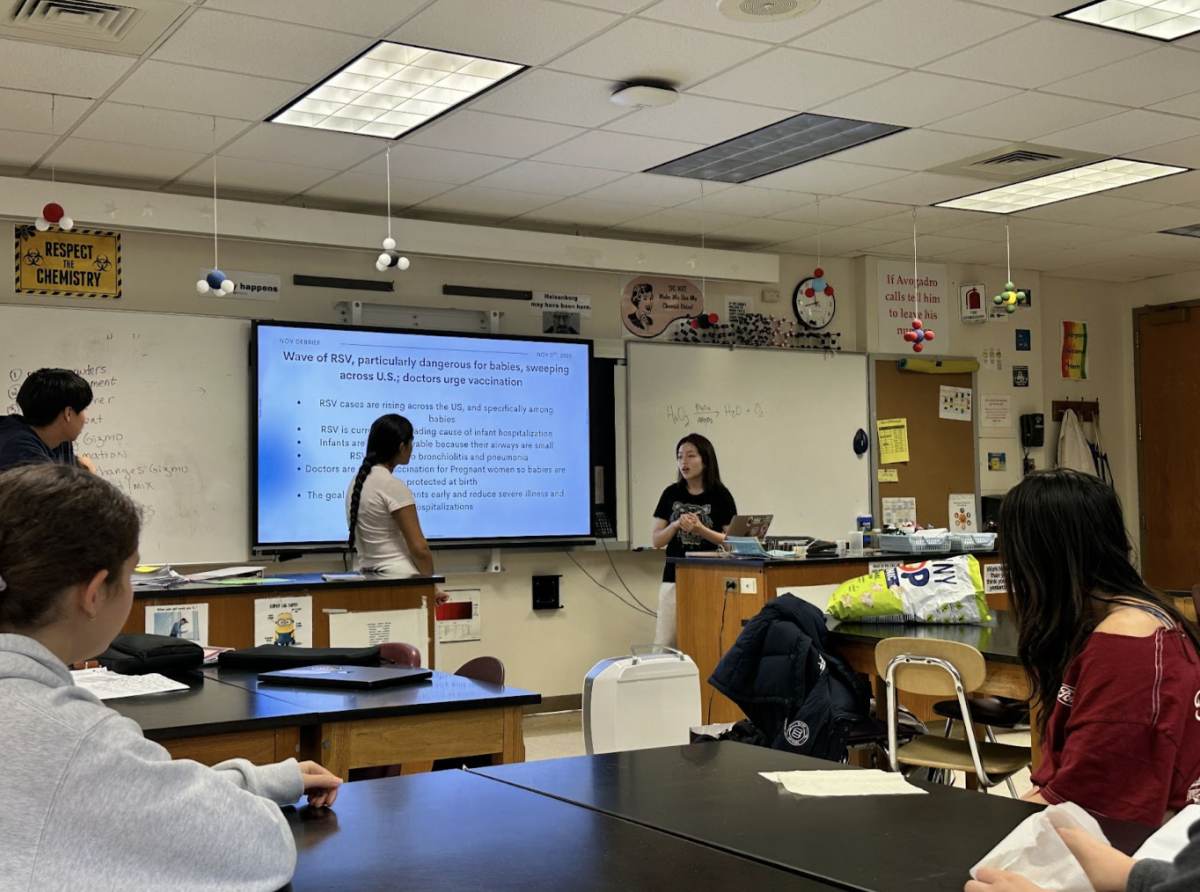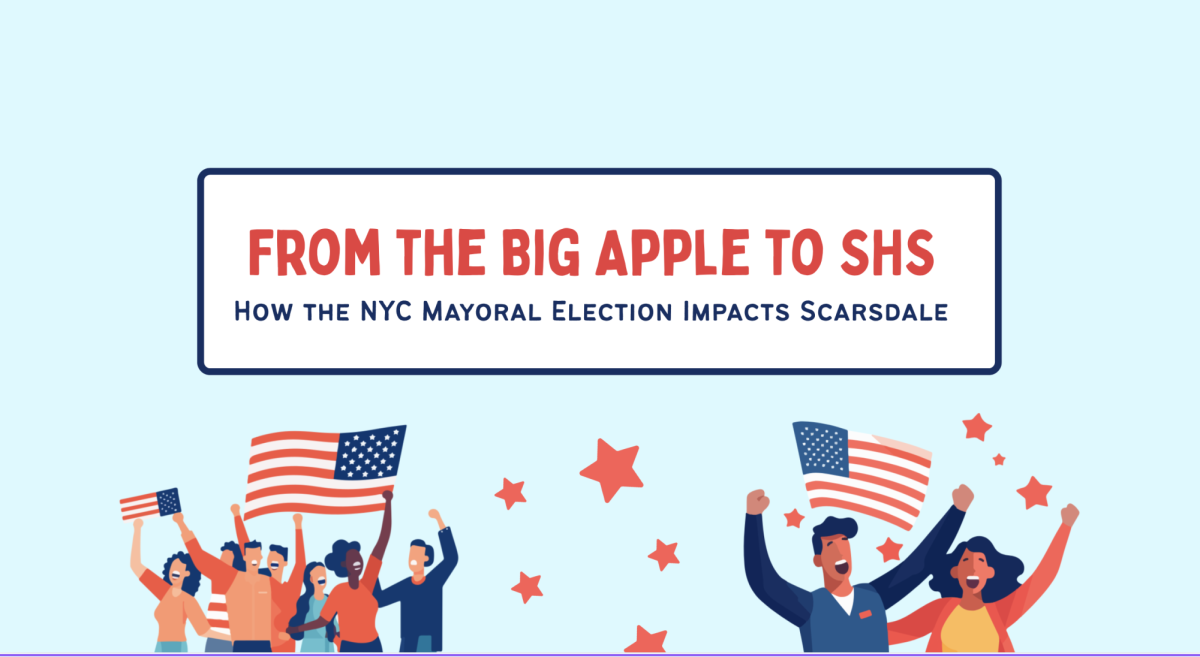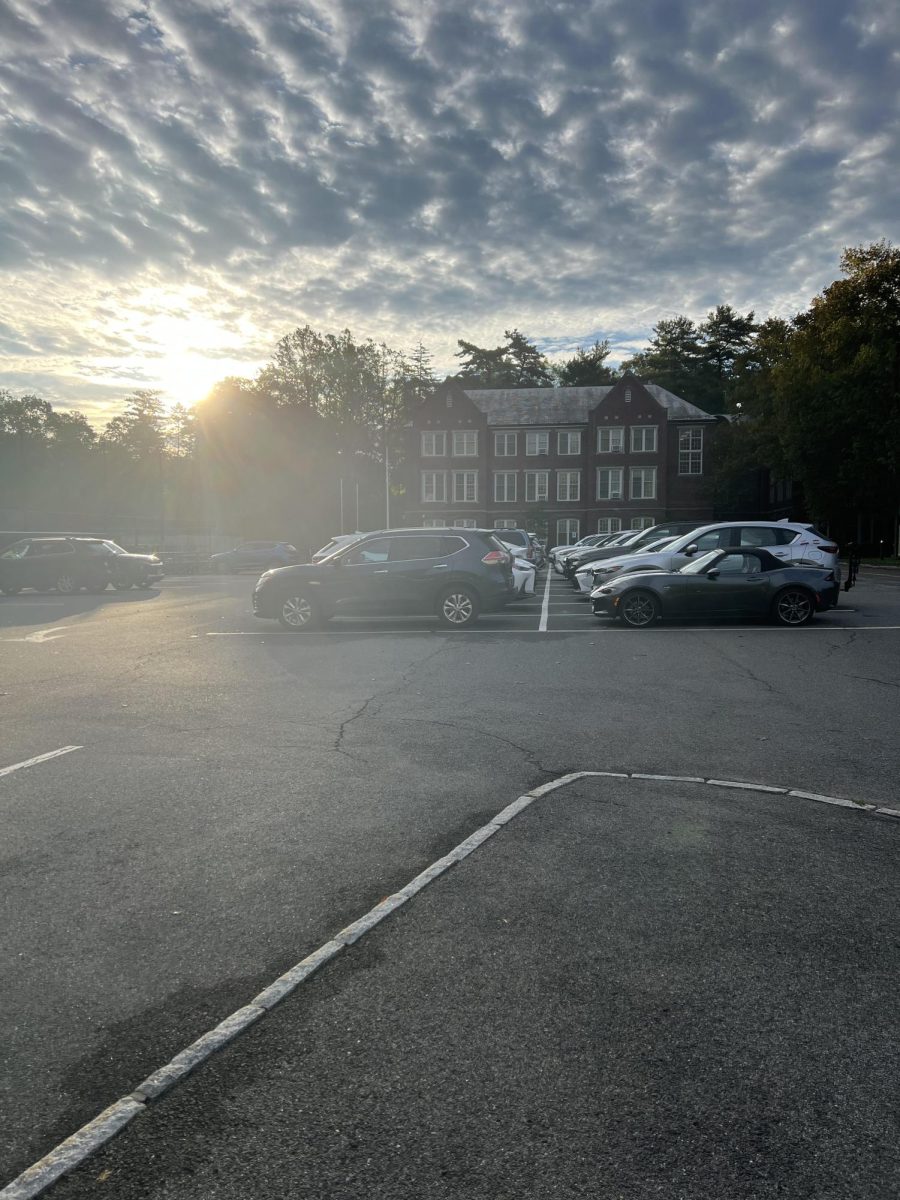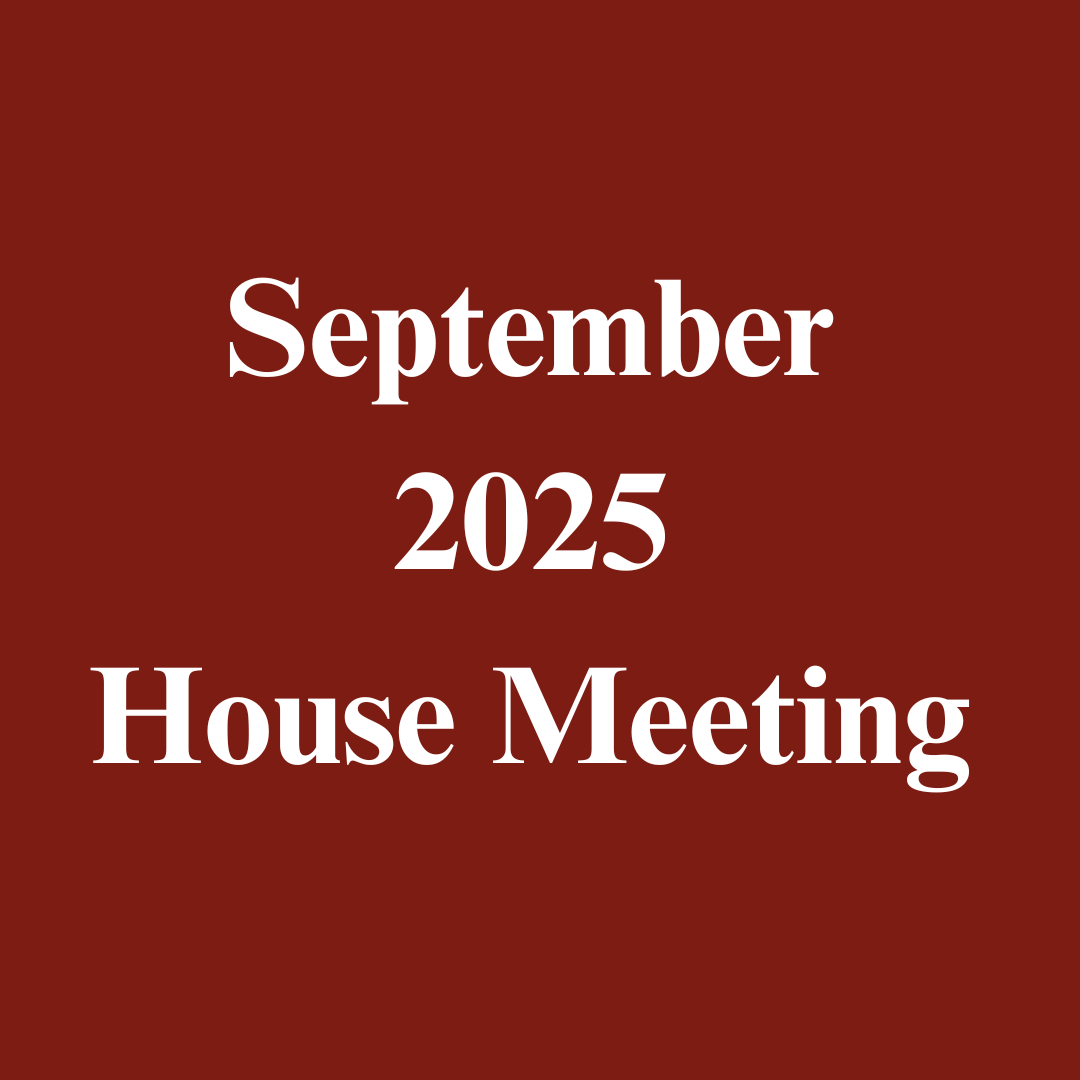Starting in May 2025, College Board, the primary American organization that helps students gain access to higher education through the administration of exams, has discontinued standard paper testing for 28 Advanced Placement (AP) Exams, shifting these assessments to the Bluebook digital testing application. This change, announced to the AP community, is intended to enhance exam security and streamline the testing process for students worldwide. All schools and test centers will administer these exams digitally, with paper versions available only to students who have received College Board approval for accommodations. Oren Iosepovici, Scarsdale High School’s Counseling department chair, anticipates that “all AP Exams will be digital or hybrid in the not too distant future.” Some schools previously offered digital examinations, but this is the first time College Board has implemented them nationwide.
Of the 28 exams transitioning to digital, 16 will be fully digital, in which students will complete all multiple-choice and free-response questions in Bluebook, with responses automatically submitted to the Bluebook system. These include AP English, History, Government, Computer Science, and several others. The remaining 12 exams, covering subjects such as Biology, Calculus, Chemistry, and Economics, will follow a hybrid format: students will answer multiple-choice questions and view free-response prompts digitally, but handwrite their free-response answers in paper booklets for scoring.
Iosepovici explains that “it’s important to note that College Board also administers the SAT, which went digital a few years ago. This feels like an extension of that.” The digital exams are designed to be user-friendly and flexible—excluding personal Chromebooks, students can test on Mac and Windows computers, iPads, or school-managed Chromebooks, with College Board providing loaner devices and Wi-Fi support as needed. Features such as digital highlighting, annotation, and access to the Desmos graphing calculator (except for AP Statistics) are also included during the test. “I liked the hybrid exam as it made the multiple choice section easier to navigate and it saved me time in that section,” Anne Huang ’28 notes.
While the structure, timing, and content of the exams remain unchanged for the most part, many students accustomed to traditional paper exams feel uneasy about the unfamiliar digital tools and navigation required in Bluebook, despite College Board’s efforts to provide adequate resources. Audrey Li ’25, who took AP Statistics, a hybrid exam, shared, “I had trouble with my online reference sheet because it would take forever to load,” and noted that she “had to call over the proctor at one point.” Concerns linger that the digital format could impact performance, especially for students that find it easier to annotate or organize their thoughts on paper rather than on a screen. Following the first week of exams, College Board recommended that schools provide paper copies of reference sheets for exams in the second week, and is offering free retakes for students who were affected by the inconvenience digital reference sheets led to.
Additionally, some Scarsdale students have noted that taking lengthy, two to three hour high-pressure exams on screens can be physically uncomfortable and mentally draining, with complaints about eye strain and difficulty maintaining focus for so long.
However, based on College Board’s history and standard practices, they will review the results of the digital transition, monitor for any issues, and make adjustments if necessary for upcoming years. Iosepovici reminds us that the transition is “simply a way of administering the exams which seems more aligned with today’s technology.”














